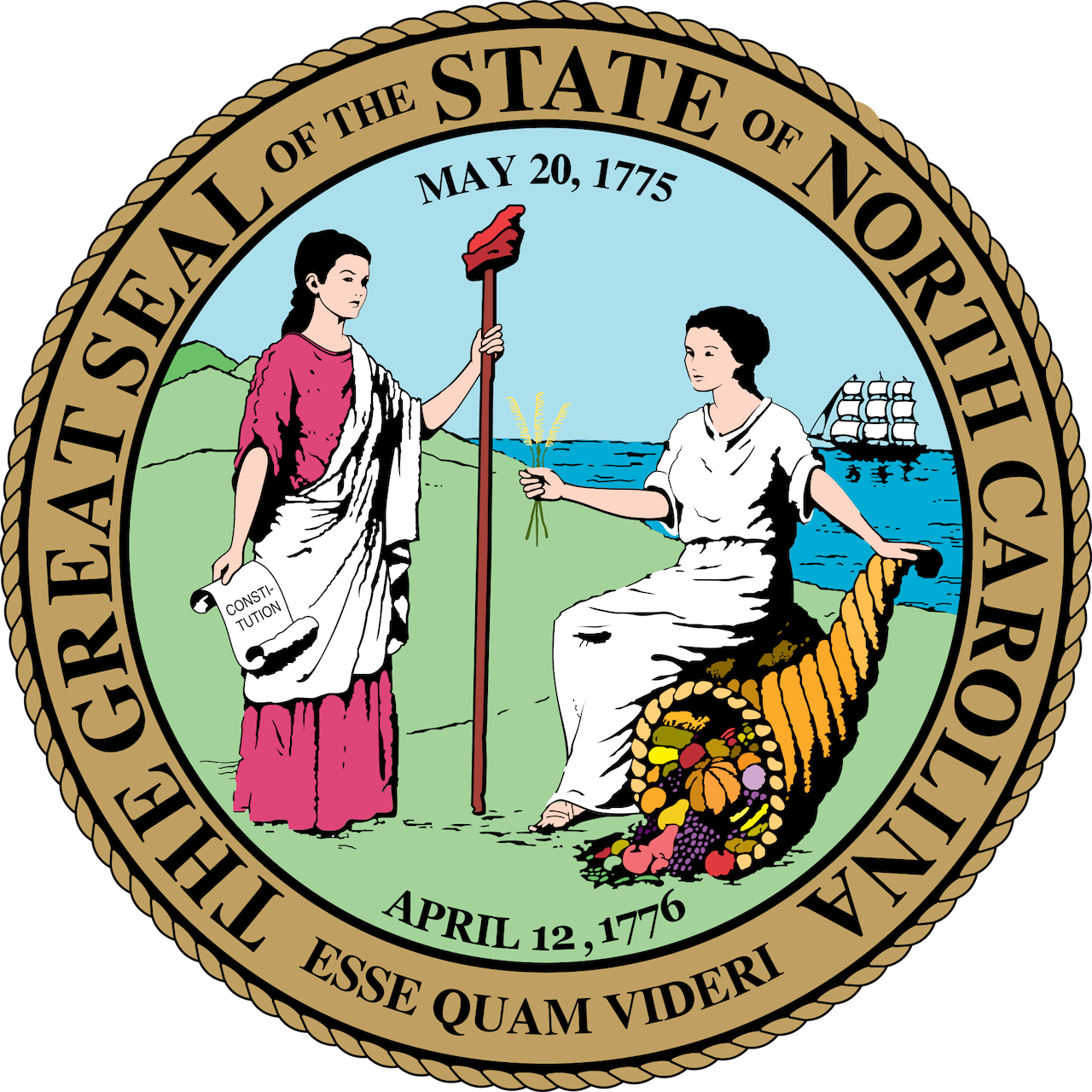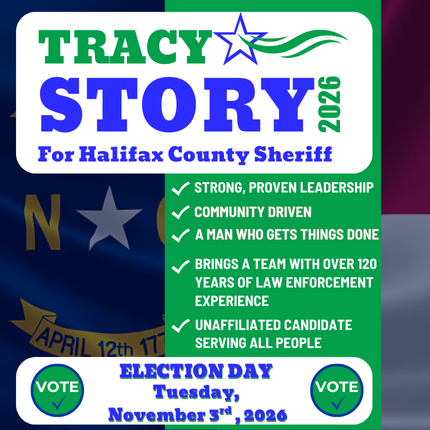Federal and state representatives commended the North Carolina Senate for passing House Bill 76 — legislation that would expand Medicaid for some 100,000 residents across the state.
State Representative Michael Wray, who signed on as a primary sponsor of the bill, called it a big step for North Carolina.
The measure passed the state senate on Wednesday by a 44-2 margin.
United States Congressman Don Davis said in a statement that the bill would also provide much needed funds for rural hospitals.
“After a decade, the North Carolina Senate approved a bipartisan agreement to expand Medicaid, moving us one step closer to providing health care for nearly 100,000 eastern North Carolinians and ensuring our rural hospitals have the resources they need to thrive,” said Davis. “As a co-chair of the State Medicaid Expansion Caucus, I will continue to lead the charge in Congress to expand Medicaid across the nation to ensure everyone has access to the lifesaving care they deserve.”
Wray said the bill is expected to come back to the North Carolina House next Wednesday.
“It’s a big step for North Carolina,” Wray said, with a $1.8 billion influx and $500 million a month “to help people on Medicaid and to help rural hospitals with more job creation and better access to healthcare.”
Key provisions of House Bill 76 are as follows:
Provides low-income North Carolinians who earn less than 133 percent of the Federal Poverty Level with greater access to health care options.
Utilizes federal Healthcare Access and Stabilization Program funds to help reenergize rural hospitals.
Takes effect if the General Assembly agrees on a budget and the federal government provides a consistent 90 percent federal matching rate.
Davis said Americans in the Medicaid coverage gap are non-elderly, low-income adults who earn too much to qualify for Medicaid but too little to afford private health insurance.
Thirty-nine states, most recently Louisiana, South Dakota, and Missouri, have expanded Medicaid on a largely bipartisan basis.






